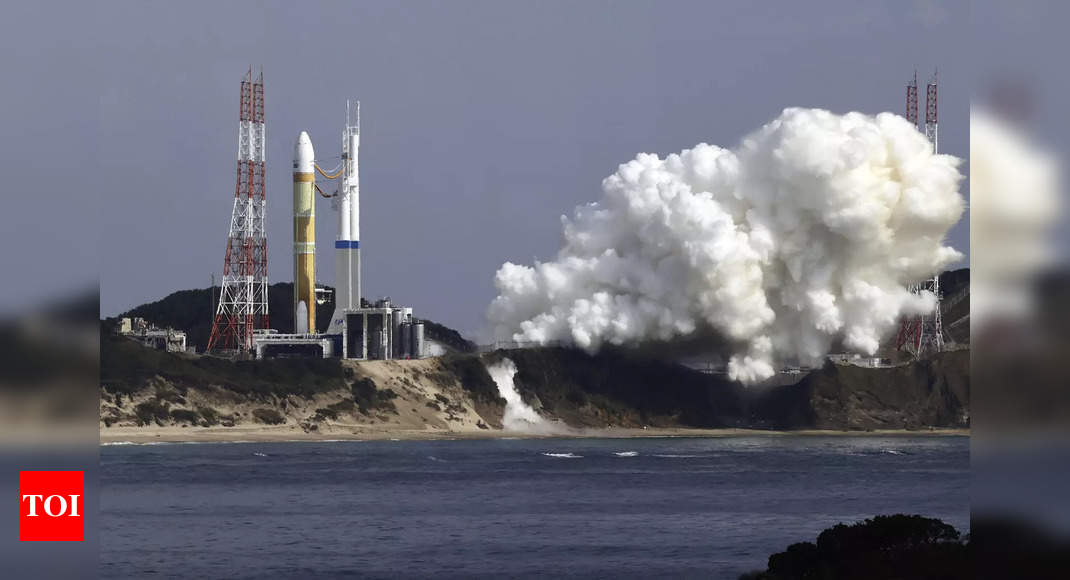A Japanese rocket engine, the Epsilon S, exploded during a test in the northern prefecture of Akita. The explosion occurred roughly 50 seconds after ignition, causing a massive plume of grey smoke. The incident occurred at the same testing site as the failed launch of the Epsilon rocket in October. There were no reports of injuries, and the Japan Aerospace Exploration Agency (JAXA) is currently investigating the cause of the explosion.
This incident adds to the recent failures of Japan’s space programme. In March, the country’s attempt to launch the next-generation H3 rocket failed after liftoff. Prior to that, the launch of the solid-fuel Epsilon rocket in October also ended in failure. These failures are rare occurrences for JAXA, as the Epsilon had previously completed five successful missions since its debut in 2013.
The Epsilon rocket is an improved version of Japan’s previous liquid-fuelled model. It is smaller and serves as a successor to the retired solid-fuel M-5 rocket. JAXA announced in May that the cause of the October launch failure was a defect in fuel-carrying pipes. Despite these setbacks, Japan plans to launch the Epsilon S rocket next year as part of its space programme.
Japan’s space programme is known as one of the world’s largest, and it has achieved notable achievements. In October, JAXA astronaut Koichi Wakata flew to the International Space Station as part of the Crew-5 mission. The country remains committed to further advancements in space exploration and technology.











